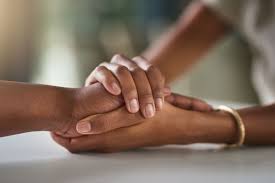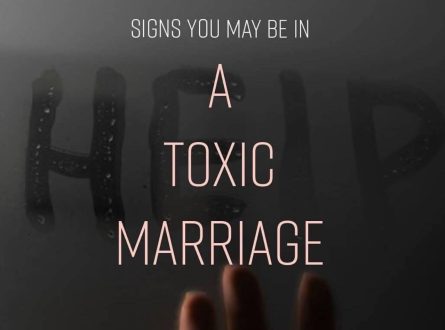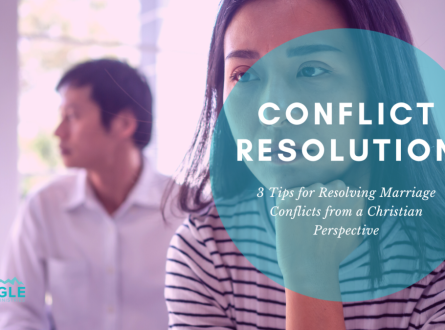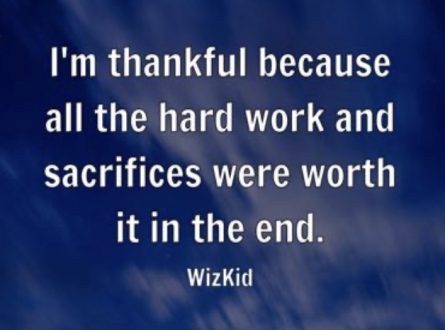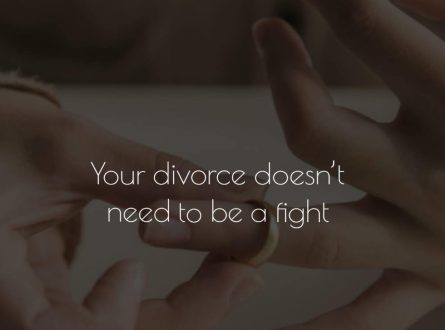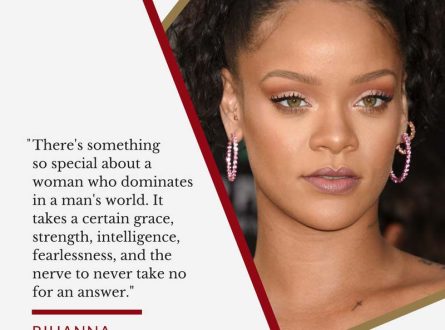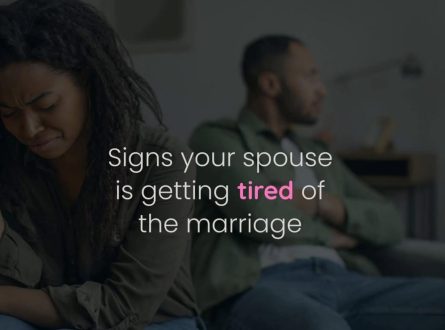In many societies, there’s a strong expectation that women should get married early in life. It’s seen as a natural step—finish school, find a good partner, get married, and start a family. For some, this traditional timeline works out. They meet someone early and settle into marriage as expected.
But life doesn’t always follow a script.
Sometimes, marriage doesn’t happen early. A woman might find herself waiting for the right person, or focusing on her education, career, or personal growth. During that time, she often learns how to live on her own—she builds a life that is full and meaningful, even without a husband. She learns to care for herself, manage her finances, take care of her home, and make decisions without depending on anyone else. She becomes independent, confident, and self-reliant.
For others, marriage may happen, but it doesn’t last. Divorce—though painful—can sometimes be necessary when things don’t work out. After a divorce, a woman may go through a period of healing and rediscovery. Again, she finds herself leaning into self-care, rebuilding her life piece by piece. She gets used to being alone—not in a lonely way, but in a strong and empowered way.
Over time, independence becomes her way of life. She might have her own house, raise her children on her own, and live by her own rules. She’s no longer waiting on someone else to make choices for her. This kind of freedom can feel incredibly good. It brings a sense of control, pride, and peace.
Then, love comes again.
A new relationship starts, and soon marriage is on the horizon. There’s hope and excitement—perhaps this time things will be different, maybe even better. But entering into marriage again, especially after years of independence or past heartbreak, can be challenging.
Why?
Because marriage often comes with expectations—some healthy, some not. Especially if the man holds traditional views, he may expect the woman to give up some of that freedom, to rely more on him, or to follow certain gender roles. For a woman who has grown used to managing her life independently, this can feel like losing a part of herself. Instead of feeling secure, she might feel trapped or misunderstood. Instead of thriving in love, she may find herself in conflict.
Sometimes, these issues are worked through with understanding and compromise. Other times, they aren’t, and the result is either another divorce or staying in a marriage that lacks joy and connection—just to avoid criticism from family, friends, or society.
To the Men: If You Love a Strong, Independent Woman
If you’re thinking about marrying a woman who is older, more mature, or has been married before, it’s important to understand that she’s not the same woman she might have been in her twenties. She has grown, changed, and experienced life in powerful ways. Your approach to her needs to reflect that.
You can’t come into her life expecting full control or rigid traditional roles. You need to meet her where she is—emotionally, mentally, and spiritually. Be open to her past, honor her growth, and appreciate the strength she brings. Most importantly, be willing to compromise and communicate.
A high-quality marriage is not about control, but about connection. She will only feel safe with you if you offer both love and respect—if you see her as a partner, not someone to mold into your idea of a wife.
To the Women: If You’re Considering Marriage Again
Take your time. There’s no rush.
If you’ve been married before, give yourself space to heal and reflect. Consider talking to a therapist or counselor to process what happened and gain clarity. Understand what went wrong, but also understand what you truly want now. Know what kind of partner you need, and what kind of partner you’re ready to be.
Remarriage—or marrying later in life—can be beautiful. It can be peaceful, deeply satisfying, and full of love. But it requires a shift in mindset. Independence is still important, but so is openness to share life with someone again. The right partner will not ask you to give up your identity, but to grow together as equals.
Final Thoughts
There is no perfect age for marriage, and there’s no shame in marrying late or trying again after a divorce. What matters most is understanding yourself and finding someone who understands you too.
Whether it’s your first marriage or your second, third, or beyond—love can still be kind, fulfilling, and joyful. The key is mutual respect, realistic expectations, and the willingness to grow together.
Your past doesn’t define your future. And with the right person, love—at any stage in life—can still feel like coming home.
